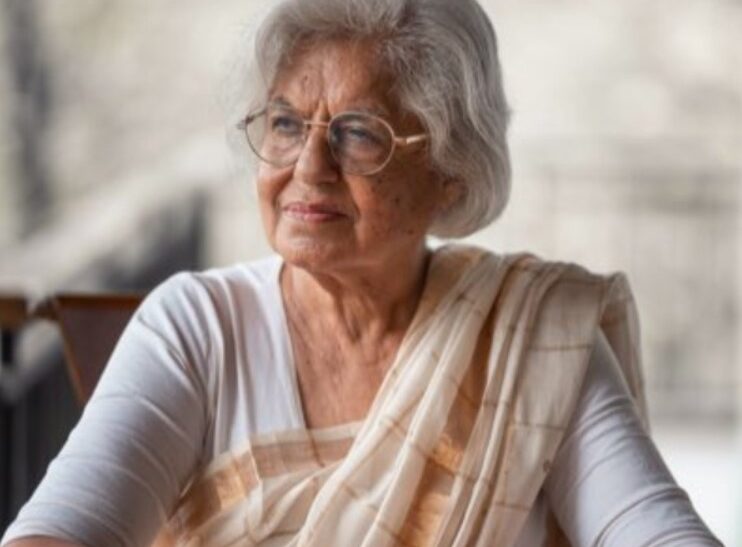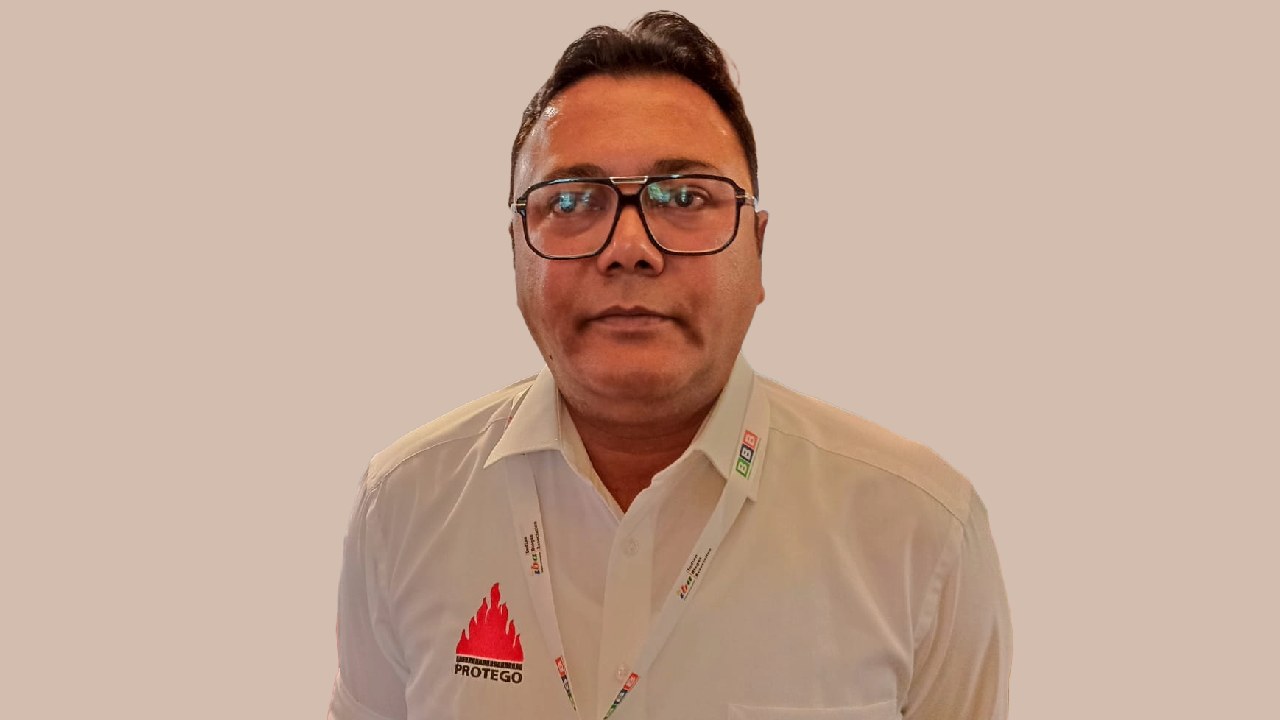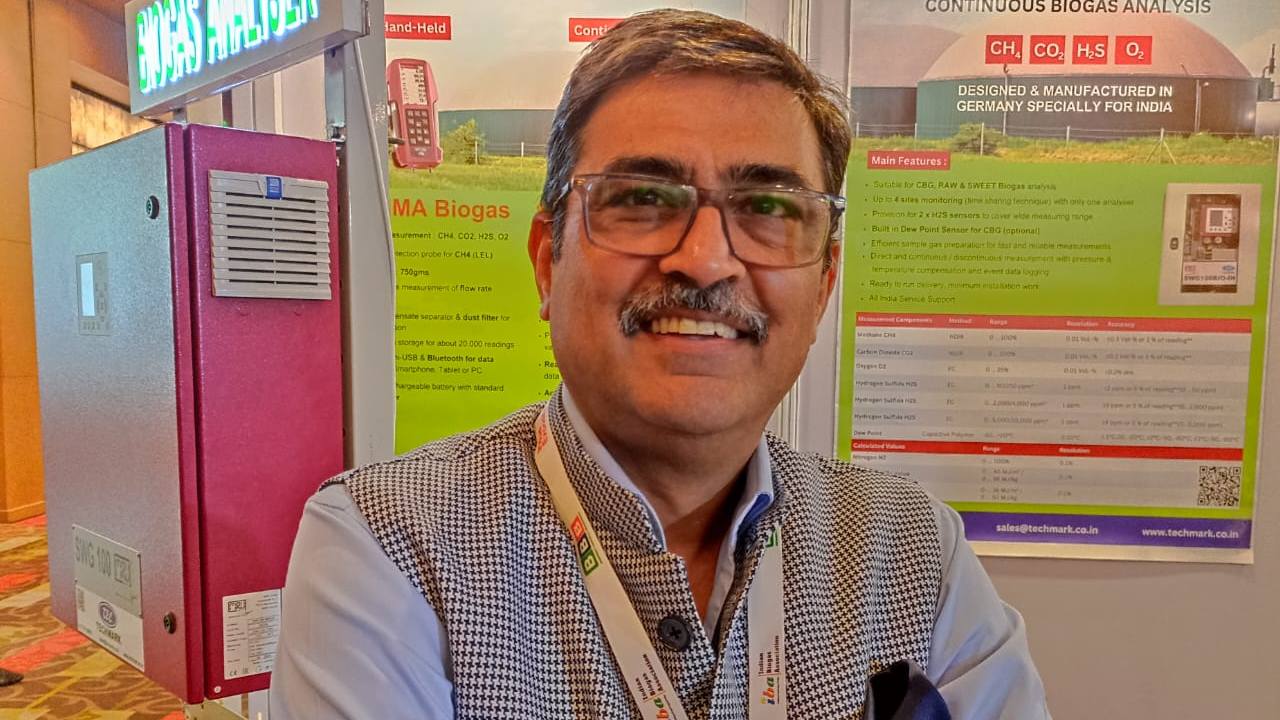Indira Jaising, a prominent legal luminary and human rights activist, is acclaimed for her groundbreaking efforts in advancing women’s rights and social justice. As the first woman appointed as Additional Solicitor General of India, she co-founded the Lawyers Collective, an NGO devoted to human rights issues. Her pivotal role in landmark cases, particularly involving domestic violence and sexual harassment, underscores her dedication. Beyond litigation, she advocates for governmental transparency and accountability.
As India prepares to enforce three new legal codes — Bharatiya Nyaya Sanhita, Bharatiya Nagarik Suraksha Sanhita, and Bharatiya Sakshya Adhiniyam — from July 1, 2024, Anand Vardhan Singh, Editor of The Public India, on behalf of The Interview World, engages in a profound dialogue with Indira Jaising. Their conversation spans these new laws and broader issues impacting the Indian judiciary. Here are the pivotal insights from her illuminating interview.
Q: From today, three archaic laws—the Indian Penal Code, Criminal Procedure Code, and Indian Evidence Act—will be replaced by the new Bharatiya Nyaya Sanhita, Bharatiya Nagarik Suraksha Sanhita, and Bharatiya Sakshya Adhiniyam, respectively. However, numerous intellectuals and organizations, including PUCL, have raised concerns about the hasty implementation of these codes without full consultation with all political parties. Do you believe these new legal codes will lead to significant changes in the Indian legal system?
A: In response to your question, I firmly believe that mere name changes do not bring about real change. The new legal codes have retained ninety percent of their content from the old codes, which is misleading to the country. While touted as a significant step towards decolonizing law, the changes primarily involve renaming with minor adjustments in wording. This approach will inevitably complicate matters for police, lawyers, and judges, particularly in comparing old and new laws.
As of July 1, 2024, our country will effectively operate under two separate legal frameworks. Cases registered before this date should be adjudicated under the old legal codes to avoid confusion. Cases registered after July 1 will fall under the new codes, further complicating the legal landscape. Renaming the IPC as Bharatiya Nyaya Sanhita, despite its focus on the penal system, and the increased number of chapters and subsequent offenses under these codes, add to the confusion.
Q: Considering that 141 opposition MPs were suspended during the passage of three significant bills on December 20, 2023, there are concerns that these laws have not been thoroughly debated. Critics argue that these laws will disproportionately empower the police and should be debated further before implementation. With the government planning to enforce these laws from July 1, what is your perspective on the potential impact and the need for further parliamentary debate?
A: I am deeply disappointed that the NDA allies did not raise this issue in Parliament. They should have urged the government to postpone the implementation of these laws, allowing for thorough deliberation on their merits and drawbacks. With 141 MPs already suspended, it’s evident that these three legislative pieces have not been debated in Parliament, highlighting an arbitrary approach to lawmaking.
As you pointed out, the police force will be significantly empowered. Previously, suspects could only be held for 15 days before being produced before a magistrate, but now, this period has been extended to 60 to 90 days. This drastic increase in police remand duration raises serious concerns about legality. This is a stark departure from what we consider just and fair legislation.
Furthermore, additional powers have been vested in the police, including the introduction of measures like handcuffing and the incorporation of organized crime and reintroduction of sedition laws previously restrained by the Supreme Court. This grants police the authority to take action against any speech or act deemed to undermine the sovereignty and integrity of India.
In essence, these developments represent a significant shift in legal norms and enforcement practices, raising questions about the principles of justice and civil liberties.
Q: Judicial reforms are widely anticipated in our country, but one crucial aspect often overlooked is the separation of investigations. For instance, while a chargesheet should ideally be filed within a specific timeframe and proven in a lower court, the process often takes years. Do you believe that the underlying issue lies elsewhere, and are we addressing the problem correctly?
A: In our country, numerous laws govern various crimes. Therefore, the police must prioritize this and file a chargesheet within a specific timeframe. Some offenses necessitate extensive investigation, demanding more time. However, the immediate arrest of individuals raises questions. If someone is not obstructing the investigative process, why detain them? For instance, figures like Soren or Kejriwal are not attempting to leave the country, so why arrest and incarcerate them?
Q: To ensure a robust democracy, an independent judiciary is essential. However, certain incidents raise concerns about judicial integrity. For instance, a recent case involved a high court judge who claimed to be in contact with the ruling party, resigned, and subsequently won a seat in the 2024 general elections. What are your thoughts on this situation and its implications for judicial independence?
A: The judiciary bears responsibility in this instance. Upon learning that the same judge openly proclaimed the Prime Minister as his hero during his tenure, it raises concerns. How can we place our trust in a court under such circumstances? Typically, we seek judicial recourse when government injustice occurs. Yet, encountering a judge who exhibits sycophancy towards the PM begs the question: what justice can we expect?
Supreme Court and High Court judges are appointed through a collegium system. My query to this collegium is straightforward: why appoint such judges? This isn’t an isolated incident; there have been several similar cases recently. As long as the collegium system persists in the selection process, the judiciary must accept responsibility for choosing judges whose impartiality may be questioned.
Q: Given that the legal profession lacks a governmental fallback option and that lawyers, from Tehsil courts to the Supreme Court, often have no compensation system in place for any untoward incidents, what are your thoughts on the need for a support and compensation mechanism for legal professionals?
A: Inequality remains the paramount issue plaguing our nation. Senior lawyers thrive amidst ample financial security, their earnings soaring. Yet, for novice lawyers or those from marginalized backgrounds, any setback can prove catastrophic for their families. Establishing a financial safety net for these lawyers is imperative. With Kapil Sibal assuming the presidency of the Supreme Court Bar Association, there is a pivotal opportunity to address this issue earnestly.
Q: In the aftermath of the recent general elections, we’ve observed shifts in the stance of lower court judges towards leaders like Kejriwal and Soren. Do you believe that a purely political mandate could be detrimental to the country, and do you think the mixed mandate this time is prompting a balancing act by the courts? What’s your perspective?
A: Justice Khanna’s dissenting judgment during the emergency remains vivid in my memory. It underscored the crucial role of courts in confronting authoritarian regimes. Despite this legacy, recent events have shaken my confidence in the judiciary’s internal mechanisms. The unfolding impact of these developments on our judiciary remains uncertain, awaiting clarity in the days ahead.
A recent instance exemplifies this uncertainty: a lower court judge granting bail to Kejriwal, citing the Chief Justice of India’s speech—an act deserving of admiration and respect for its courage.
Q: Given that Hemant Soren has received bail despite the ED’s argument that he posed a risk of land grabbing if not arrested, how do you view this decision and the rationale behind the ED’s claims?
A: Two distinct laws govern crime prevention and prosecution. One such law, preventive detention, is frequently applied in Uttar Pradesh. The recent case involving Soren falls under prosecution, with both the CBI and ED actively involved. The arguments presented by the ED are unprecedented in 75 years. Similarly, in the Kejriwal case, the ED suggested that he intentionally raised his blood sugar levels by consuming mangoes to secure bail—a claim deemed absurd. Despite my six decades as a lawyer, such assertions from a CBI officer are unprecedented. Following the elections, I anticipated reforms in the rule of law, yet the government’s current stance has left me thoroughly disillusioned.
Q: Many of India’s law ministers have been legal luminaries, including Dr. BR Ambedkar. Recently, the government appointed Arjun Ram Meghwal, who lacks a legal background. While domain expertise isn’t always essential for a minister, substantial experience is crucial for understanding the complexities of the lawmaking process. As an executive, do you believe Arjun Ram Meghwal will be able to effectively fulfill his role as Law Minister?
A: I have a different perspective on this matter. I once attended a conference where Meghwal delivered a speech on Article 32, addressing Supreme Court Chief Justice and High Court judges. His presentation was exceptionally detailed, legally astute, and nuanced. He emphasized that Dr. Ambedkar endowed India with Article 32 to empower its citizens to seek legal recourse in lower courts.
Meghwal demonstrates a profound understanding of the law. Additionally, the government appoints the Attorney General and Solicitor General to advise the Law Minister on complex legal matters. Despite Meghwal’s legal acumen, the root issue lies in political and potentially ideological corruption.
Upon assuming ministerial roles, elected MPs often align unquestioningly with governmental actions, viewing them as collective responsibilities rather than individual decisions. Therefore, the problem lies not in their legal knowledge, which anyone can acquire, but in their reluctance to critically engage and apply their minds to governance issues.
Q: Politicians from the INDIA bloc often carry the book on Constitution symbolically, claiming to defend its principles. How do you interpret this gesture, and what is your perspective on their commitment to protecting the Constitution?
A: This moment carries profound significance as each individual here takes an oath, binding themselves to the Constitution. Undoubtedly, the true protagonist of this election was our Constitution. Despite claims by the NDA of crossing 400 seats to reshape India into a Hindu rashtra, the relentless defense by the INDIA bloc prevented BJP from securing a decisive majority.
Hence, the rightful victors of this election are the Constitution and the INDIA bloc. As long as this administration persists, the sanctity of our Constitution remains inviolable. Therefore, displaying the Constitution is not merely symbolic but a testament to a hard-won victory.








